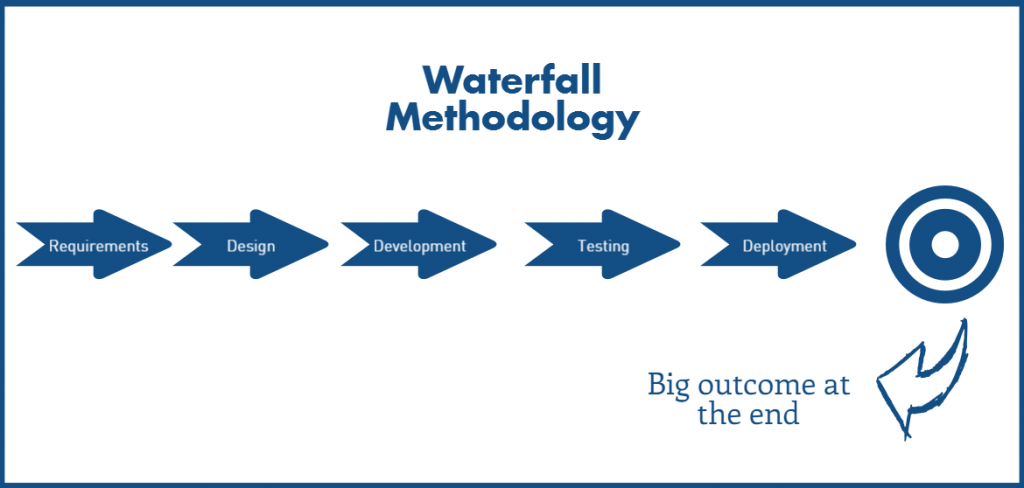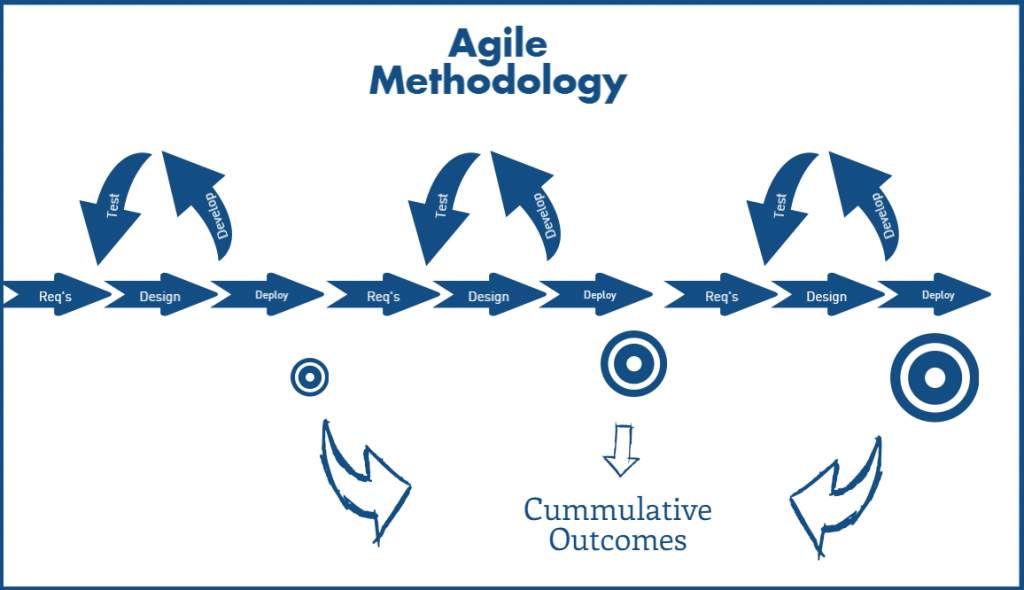CRM has been used in one form or the other since the dawn of business. However, the rise of CRM software has only been gaining traction fairly recently. Today, more than 300-400 million people have customer-facing jobs. These people have used inefficient legacy systems up till now but times are changing fast. According to some estimates, more than 80% of the buying process is complete before the client approaches the salesperson. More and more businesses today are implementing CRM to succeed in these most demanding times to stay relevant and ahead of competitors. This is the reason that CRM vendors like Salesforce.Inc are enjoying an annual growth rate of 21%. But do all CRM implementations succeed?
CRM Implementation Process
Like any other project, CRM implementation demands a proper plan in place. Not only this, but every business out there is different and needs to plan the CRM implementation differently. We are going to discuss the different CRM implementation methods below. These include the age-old Waterfall methodology and the Agile approach to CRM implementation. Let’s discuss both of these briefly before we investigate their individual merits and demerits and finally decide which implementation process to adopt.
To get your CRM implementation done right, read our blog on CRM implementation strategy
Waterfall CRM Implementation Process
For more than two decades, businesses have used the waterfall implementation methodology when implementing their CRMs. In this approach, the requirements of the project are treated as ‘fixed’.
From fixed requirements, the project is designed, then developed and after a fair amount of testing, it is deployed. It is only then that the outcome can be analyzed and measured. In a pictorial representation, this approach looks like this:

Agile CRM Implementation Process
In this CRM implementation methodology, firstly, the requirements of a project are not treated as ‘fixed’. Rather, the goals and success criteria are approached incrementally. With each subset of the project, requirements are gathered, designed, developed and implemented. Then the feedback is taken from the users and the whole process is repeated in the next subset of the project. This methodology looks like this:

Comparison of Agile and Waterfall CRM Implementation Methods
In Terms of Value
In terms of value, the Agile projects reveal increments of value throughout the time period of the project. This means that the implementation team can observe the value of their implementation fairly quickly.
On the other hand, the Waterfall implementation reveals all the value at the ending stage of the project. This means that if the initial requirements do not match the outcome, the whole project will incur waste and shall have to be repeated.
In Terms of Visibility
In the Agile methodology, there is continuous visibility of the progress and outcomes of the implementation as the managers continuously inspect the outcomes with each sprint.
Alternatively, in the Waterfall CRM implementation plan, the outcome is delivered at the end of the project which means that the visibility is only evident at the end stage of the project.
In Terms of Risk
In the Agile project implementation process, there is continuous testing which means that with each sprint, the outcome and value are visible. If some risk is felt, there is space and time to invent measures to tackle it.
On the contrary, in the Waterfall CRM implementation, the risks are only recognized at the final stage. Most often by that time, it is too late to tackle the problem.
Which CRM Implementation Process Should You Adopt?
Usually, Agile implementation for CRM is targeted towards large and complex implementations with unclear or ever-changing requirements. Waterfall methodology, on the other hand, is utilized when the requirements from the CRM implementation are quite clear and so is the scope of the project. That is not all! In the infographic below, Chuck Schaeffer, the CEO of Vantive Media discusses the primary differences of both approaches from an industry expert’s perspective.

Feeling overwhelmed? Don’t worry! Our SugarCRM Experts have implemented more than 700 custom implementations of CRM systems for businesses across the globe. Get in touch to schedule a FREE Business Analysis.





